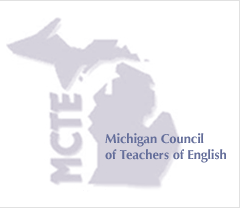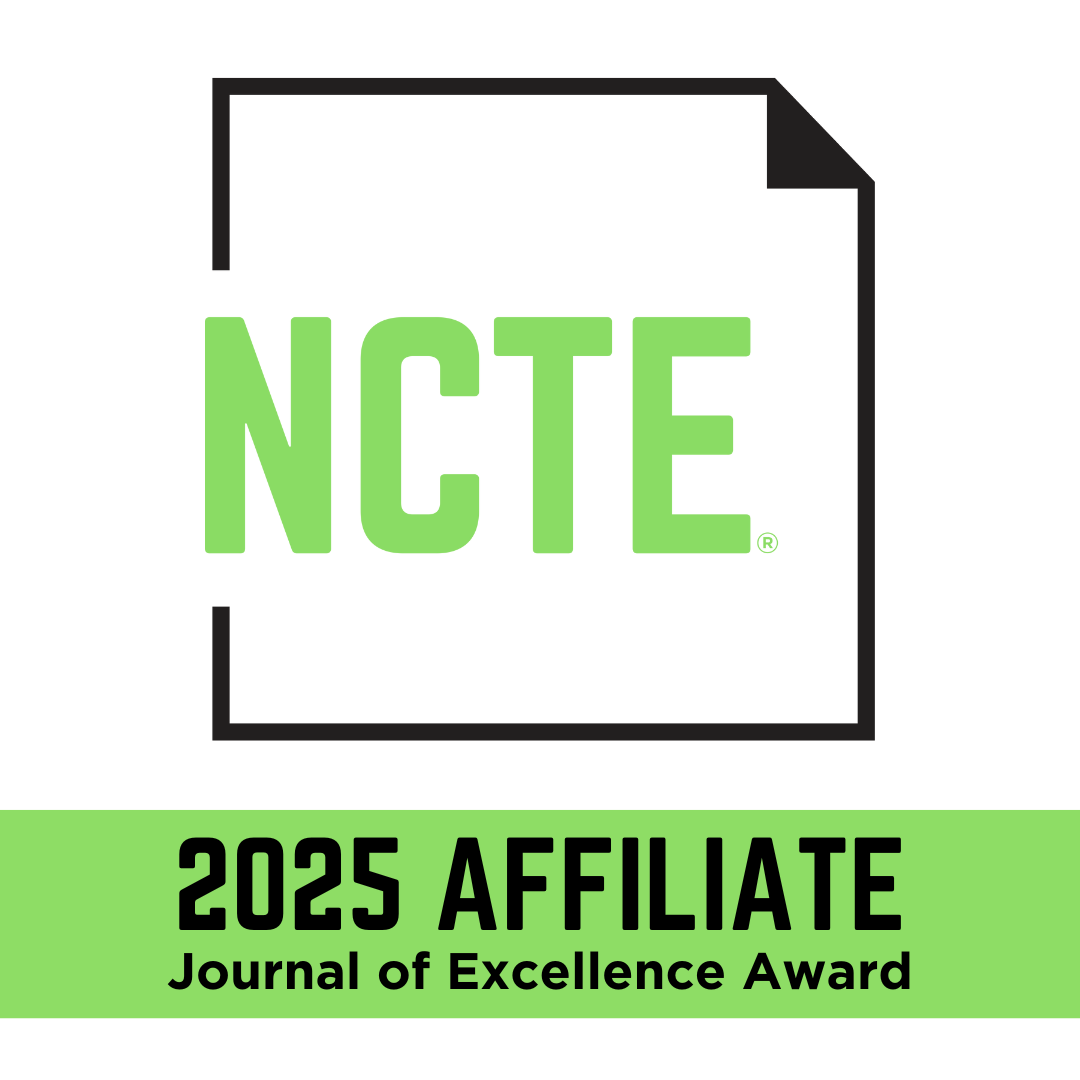Abstract
This article makes two contributions to culturally and linguistically responsive pedagogy for English learners (ELs). First, we argue for the value of expanding cultural responsiveness to include an intercultural framing that not only cultivates ELs’ pride in their multicultural heritage, but also fosters their identities and capacities as global citizens. Second, we make a case for foregrounding student agency as a necessary prerequisite for what has been conceptualized as the ultimate goal of Culturally Sustaining Pedagogy: to be able to maintain one’s cultural practices, while simultaneously learning how to critique dominant power structures (Paris & Alim, 2017). We illustrate how such agency-focused, (inter)culturally and linguistically responsive pedagogy can be enacted in an online intercultural exchange (OIE) program that brought together elementary school ELs in Michigan and Slovak English as a Foreign Language (EFL) learners.
Recommended Citation
Tomas, Zuzana; Vojtkulakova, Margita; Lehotska, Nikola; and Schottin, Marie
(2021)
"Examining the Value of Online Intercultural Exchange (OIE) in Cultivating Agency-focused, (Inter)Culturally and Linguistically Responsive Pedagogy: A Story of One Collaborative International Project for English Learners,"
Language Arts Journal of Michigan:
Vol. 36:
Iss.
1, Article 8.
Available at: https://doi.org/10.9707/2168-149X.2267
Publication Date
2-1-2021
Included in
Elementary Education Commons, Language and Literacy Education Commons, Teacher Education and Professional Development Commons

